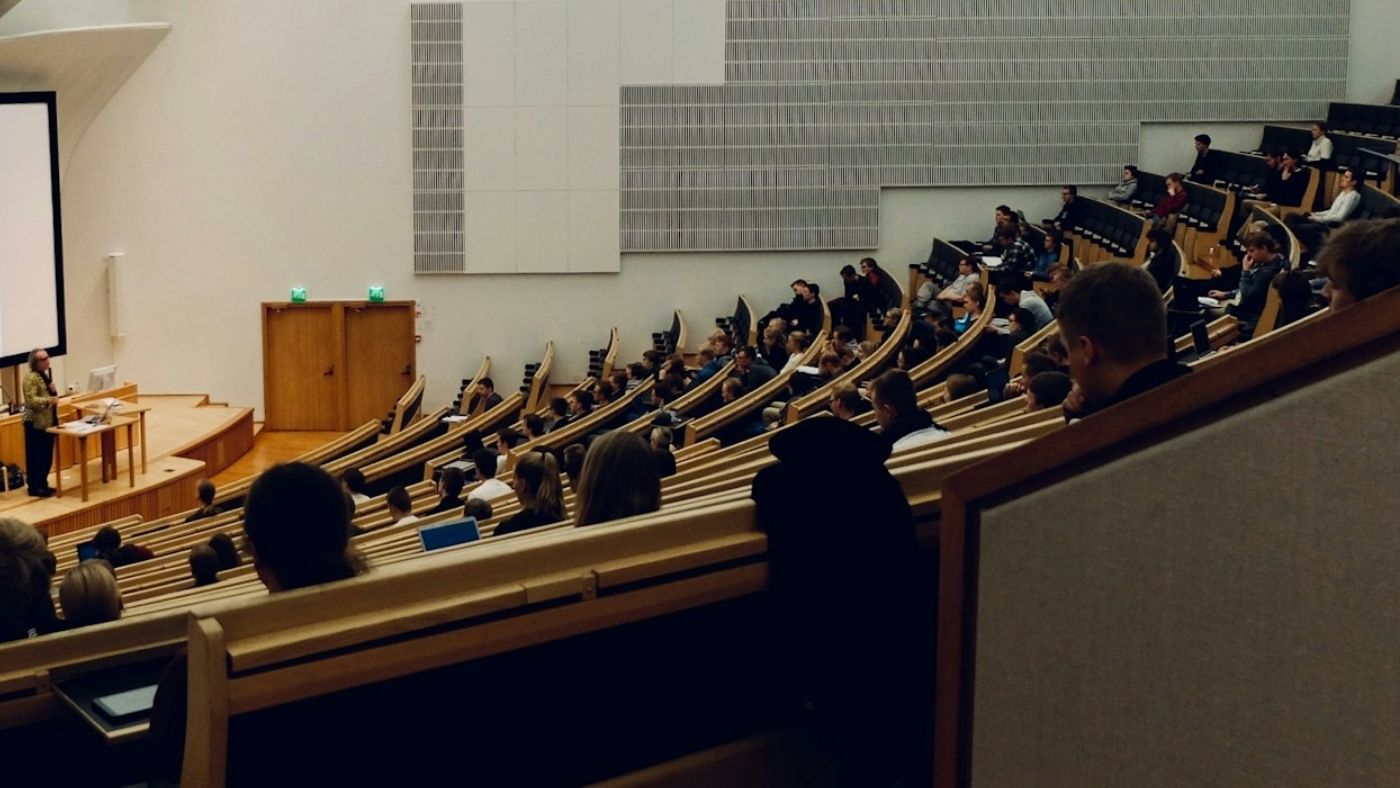When you hear the word “theory,” what pops into your head? Maybe a wild conspiracy video on YouTube, maybe your uncle’s explanation for why the Wi‑Fi is slow, or maybe just a fancy word for “guess.”
But in science, a theory is none of those things. A theory is one of the most powerful tools scientists have. And in psychology, theories are the difference between random observations about human behavior and a real science that can explain, predict, and improve our lives.
Let’s break this down.
Not Just a Guess: What Scientists Really Mean by “Theory”
In everyday conversation, “theory” often means “hunch.” It’s like saying, “My theory is the vending machine eats dollar bills after 5 p.m.” In science, though, a theory is something much bigger.
A scientific theory is an organized set of principles that explains and predicts phenomena. Rather than just being an idea, it’s a framework built on evidence, tested through experiments, and refined over time.
You might think of a theory like a map. A map doesn’t just describe the terrain; it helps you navigate it. A good theory does the same thing: it doesn’t just describe behavior, it helps scientists predict what will happen next and figure out why.
Psychological theories are specifically designed to explain how humans think, feel, and act. They’re the roadmaps scientists use to study the mind and behavior.
Let’s look at a few examples:
- Behaviorism’s theory of operant conditioning explains how reinforcement and punishment shape learning.
- Cognitive theories explain how memory works, how we solve problems, and why we sometimes make irrational decisions.
- Attachment theory explains why some people cling in relationships while others keep their distance.
These aren’t random labels. They’re models that can be tested, challenged, and applied!
When a teacher uses spaced repetition to help students remember vocabulary words, they’re putting a cognitive theory into action. Similarly, when a therapist helps a client identify negative thought patterns, they’re applying cognitive-behavioral theory.
Theory vs. School of Thought: What’s the Difference?
Here’s where people tend to get tripped up.
A school of thought is a broad intellectual tradition, like behaviorism, cognitive psychology, or humanism. It’s a big-picture perspective on how to study the mind.
A theory is more specific. It’s a framework or model that often lives inside or across those schools.
For example, cognitive psychology is a school of thought, but within it, you’ll find specific theories like schema theory (how mental frameworks shape understanding) or information-processing theory (how the mind works like a computer).
You can think of schools of thought as music genres like rock, jazz, or hip hop. Theories are the individual songs or albums inside those genres.
You need both to understand the full picture of music, or in this case, psychology.
Why Theories Are the Glue of Science
Without theories, psychology would just be a pile of disconnected facts.
You could observe that children throw tantrums, that people forget names, or that stress makes your heart race. That’s all interesting, sure, but without a theory, those observations just sit there like puzzle pieces with no picture on the box.
Theories are what give those pieces meaning. They guide what questions scientists ask, how experiments are designed, and how results are interpreted.
History proves this point.
When behaviorism dominated in the early 20th century, research focused on rats, pigeons, and reinforcement schedules. When the cognitive revolution hit in the 1950s, the focus started shifting to memory tests, problem-solving, and language. Each theoretical framework reshaped the entire field.
Theories are the glue that holds psychology together. They keep it from being random guesswork and turn it into a proper science.
Theories in Action: From Lab to Life
The beauty of psychological theories is that they don’t stay locked in journals. They shape therapy, education, workplaces, and even your daily habits.
For example, attachment theory influences how people talk about relationships (sometimes accurately, sometimes in oversimplified Instagram posts.) Cognitive theories shape how teachers design lessons and how we build apps to help people learn languages. Meanwhile, behaviorist principles show up every time a parent uses a sticker chart or a company uses bonuses to motivate employees.
Even our everyday language is infused with psychology!
People casually call their ex a “narcissist” or joke about being “so OCD.” These phrases show how deeply theories have seeped into culture, though the actual definitions are often more complex than the everyday shorthand.
Psychology has gone pop, and theories are the reason.
Tomato Takeaway
So what exactly is a psychological theory? It’s not a wild guess. It’s a tested, organized framework that explains and predicts human behavior. Theories are the maps scientists use to explore the mind, the glue that holds research together, and the bridge between science and real life.
Schools of thought give us the big genres of psychology, but theories are the tracks we actually play. Without them, psychology would be a jumble of disconnected observations. With them, it becomes a science that can change how we understand ourselves and the world.
So the next time someone shrugs and says, “It’s just a theory,” you can smile and say, “Actually, theories are the best thing science has going for it.”
But what about you? Have you ever caught yourself using a psychological concept in everyday conversation, maybe talking about attachment styles, memory tricks, or personality traits?
Share your example in the comments. I’d love to see how theories sneak into your life.
Fueled by coffee and curiosity, Jeff is a veteran blogger with an MBA and a lifelong passion for psychology. Currently finishing an MS in Industrial-Organizational Psychology (and eyeing that PhD), he’s on a mission to make science-backed psychology fun, clear, and accessible for everyone. When he’s not busting myths or brewing up new articles, you’ll probably find him at the D&D table or hunting for his next great cup of coffee.


